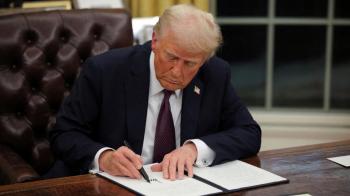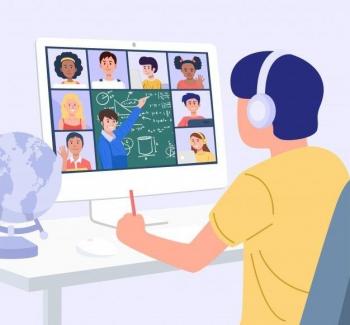When Research Loses to Politics: The Trump Administration's Impact on Education Studies

Education Researchers vs. The Trump Administration: A Clash Over Evidence-Based Policy
What happens when scientific research collides with political ideology? How does evidence-based education policy fare under an administration skeptical of academic expertise? The tension between education researchers and the Trump administration reveals a deeper struggle over the role of data in shaping America's schools.
The Battle Over Education Research Funding
The Trump administration made significant cuts to education research budgets, particularly targeting the Institute of Education Sciences (IES), the primary federal agency for education research. In 2019, the administration proposed eliminating the $72 million grant program that funds rigorous education studies through IES. While Congress ultimately restored some funding, the message was clear: empirical research held less value in this administration's policy decisions.
This contrasted sharply with previous bipartisan support for education research. The What Works Clearinghouse, established under George W. Bush, and the Obama administration's emphasis on "evidence-based" interventions both valued scientific approaches to education policy. The Trump administration's skepticism represented a dramatic shift.

Ideological Differences in Education Priorities
The administration favored school choice initiatives despite mixed research evidence on charter schools and vouchers. While some studies showed positive effects for certain student groups, others revealed negative impacts or no significant difference compared to traditional public schools. The administration nonetheless pushed aggressively for expanding school choice programs.
Similarly, the administration promoted career and technical education (CTE) while reducing support for research on college access programs. This reflected a pragmatic focus on workforce development rather than traditional academic research priorities.
The Impact on Long-Term Education Research
Multi-year longitudinal studies suffered particularly under the administration's policies. These studies, which track students over extended periods, provide crucial insights but require stable funding. The uncertainty discouraged researchers from undertaking ambitious, long-term projects.
For example, a major study on the effectiveness of different math curricula had to scale back its sample size due to funding cuts, potentially limiting its usefulness for policymakers. Other projects examining the long-term effects of early childhood interventions faced similar challenges.

Alternative Approaches to Evidence Gathering
Faced with federal funding cuts, researchers turned to alternative approaches. Some partnered with school districts to conduct smaller-scale studies. Others relied more heavily on private foundation funding, though this often came with different priorities than federal grants.
The administration itself favored rapid-cycle evaluations that could provide quicker results, rather than the more rigorous but time-consuming randomized controlled trials preferred by researchers. This created tension between scientific standards and political timelines.

The Lasting Consequences for Education Policy
The reduction in education research funding may have lasting effects beyond the Trump administration. Fewer studies mean less evidence available to inform future policy decisions. The interruption of long-term studies creates gaps in our understanding of educational interventions.
Moreover, the politicization of education research risks eroding public trust in scientific evidence. When research findings are dismissed for ideological reasons, it becomes harder to build consensus around effective policies.

Moving Forward: Rebuilding the Research-Policy Connection
As a new administration takes office, education researchers hope to rebuild the connection between evidence and policy. This will require restoring funding, but also improving communication between researchers and policymakers. Researchers must better translate their findings into actionable recommendations, while policymakers need to value rigorous evidence over ideological preferences.
The experience under the Trump administration highlights the fragility of the research-policy relationship—and the importance of protecting it for the future of American education.






